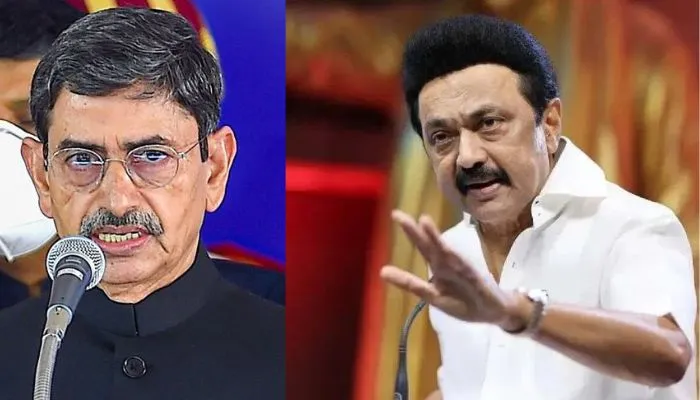In a series of events that have sparked controversy and political tensions in Tamil Nadu, Governor Ravi’s statements and actions have drawn criticism from various quarters, particularly the ruling DMK government led by Chief Minister Stalin.
The turmoil began in January 2023 when Governor Ravi suggested renaming Tamil Nadu to “Tamizhagam,” triggering backlash from both the DMK and the AIADMK. The Governor’s subsequent clash with the state government over the interpretation of his powers further escalated tensions, culminating in an unprecedented resolution passed by the Stalin government against him.
The situation worsened in June 2023 when Ravi questioned the significance of state identities in India, igniting sentiments of Tamil pride. His decision to dismiss a minister arrested in an alleged jobs scam without consulting the Chief Minister further fueled accusations of overreach.
The controversy reached its peak in January 2024 when the Supreme Court criticized the Governor’s delay in clearing Bills passed by the state Assembly, some dating back to January 2020. The Court’s observations raised questions about Ravi’s conduct and his adherence to legal protocols.
In another instance, the Governor’s refusal to reinstate a minister following a Supreme Court stay on his conviction prompted strong rebuke from Chief Justice of India D Y Chandrachud, who condemned Ravi’s defiance of the court’s orders.
The ongoing saga underscores the complex dynamics between state governments and Governors, highlighting the need for clarity and adherence to constitutional principles. As political tensions continue to simmer, the role of the Governor in Tamil Nadu remains a subject of intense scrutiny and debate.






